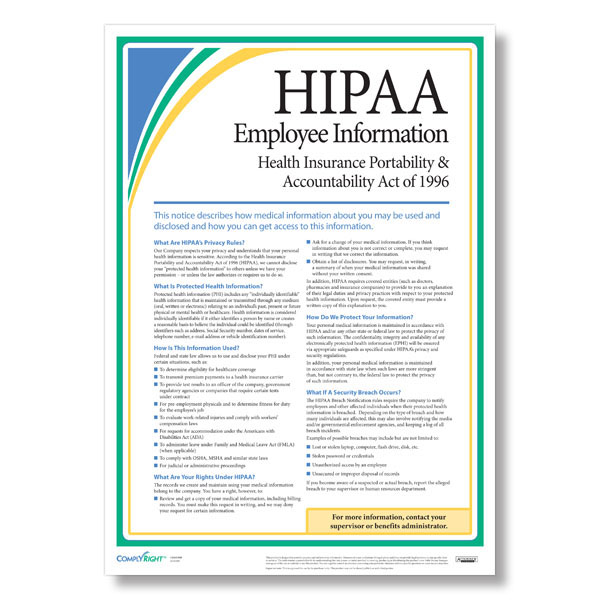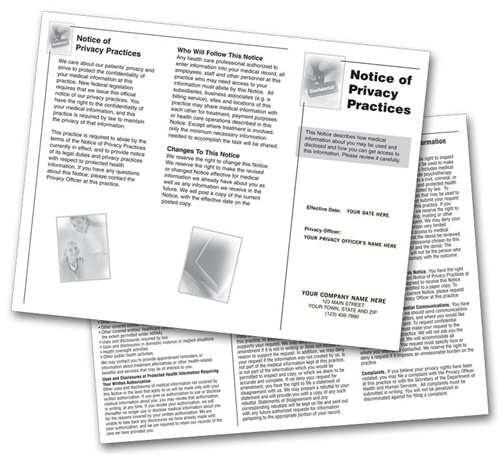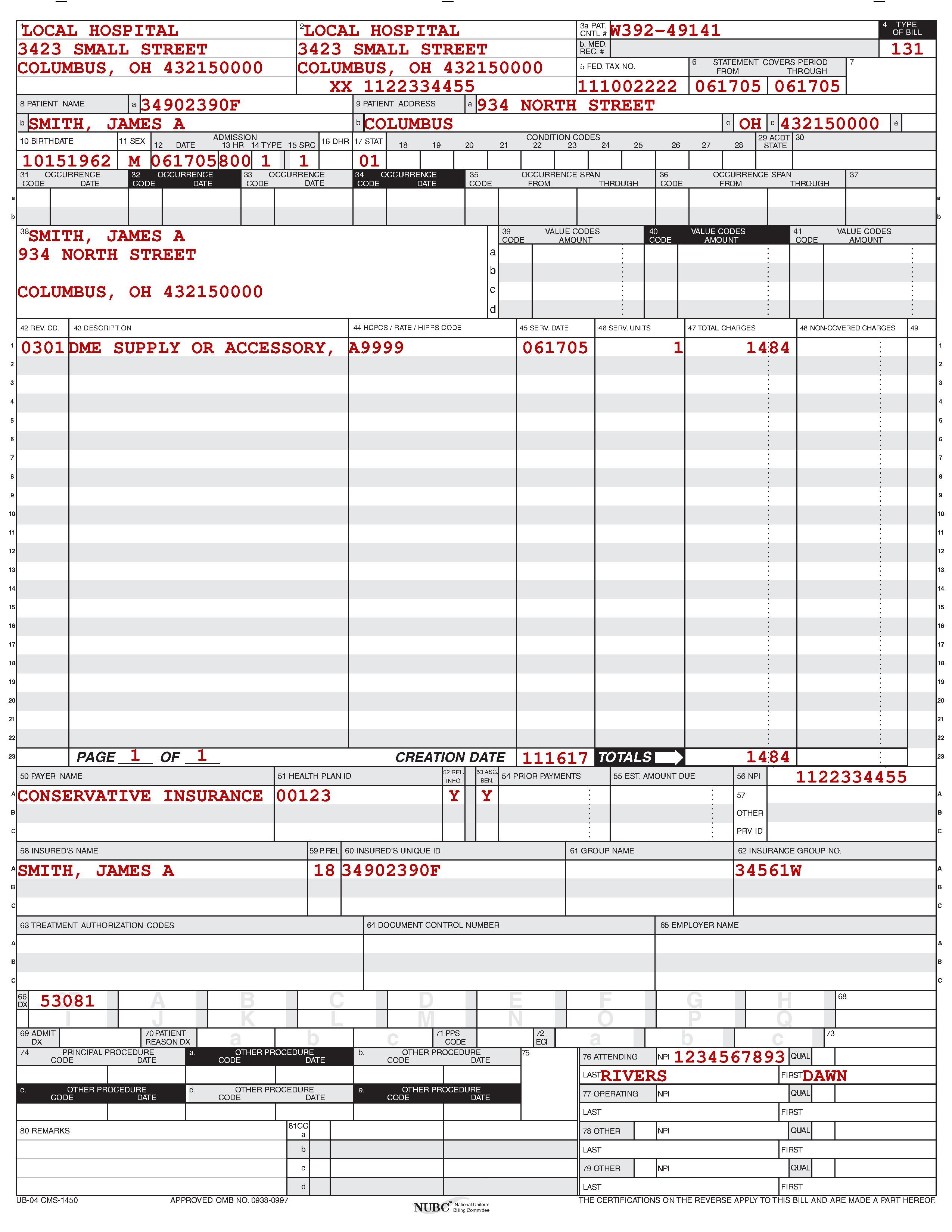

In these cases they are considered to be “hybrid entities” and any unauthorized disclosure of PHI may still be considered a breach of HIPAA. The hospital is the Covered Entity and responsible for implementing and enforcing HIPAA compliant policies.Įmployers – despite maintaining health care information about their employees – are not generally Covered Entities unless they provide self-insured health cover or benefits such as an Employee Assistance Program (EAP).

Most health care providers employed by a hospital are not Covered Entities. For the sake of clarity: What is a Covered Entity?Ī Covered Entity is a health care provider, a health plan, or a healthcare clearing house who, in its normal activities, creates, maintains or transmits PHI. This is so the HIPAA rules are equally applicable to every type of Covered Entity or Business Associate that creates, accesses, processes, or stores PHI. Typically the question following what is HIPAA compliance is what are the HIPAA compliance requirements? That question is not so easy to answer as – in places – the requirements of HIPAA are intentionally vague. Review processes for staff members to report breaches and how breaches are notified to HHS OCR.īefore discussing the elements of our HIPAA compliance checklist, it is best to answer the question What is HIPAA compliance? HIPAA compliance involves fulfilling the requirements of the Health Insurance Portability and Accountability Act of 1996, its subsequent amendments, and any related legislation such as HITECH.Perform due diligence on Business Associates to assess HIPAA compliance and annually review BAAs.Ensure HIPAA training and staff member attestation of HIPAA policies and procedures is documented.Ensure the designated HIPAA Compliance Officer conducts annual HIPAA training for all members of staff.If the organization has not already done so, appoint a HIPAA Compliance, Privacy and/or Security Officer.
Hipaa compliance forms umbraco update#
Document your remediation plans, put the plans into action, review annually, and update as necessary.Conduct the required audits and assessments, analyze the results, and document any deficiencies.Determine which of the required annual audits and assessments are applicable to your organization.If you are unsure as to whether your organization is subject to the HIPAA compliance guidelines, here is an initial HIPAA compliance checklist:
Hipaa compliance forms umbraco full#
There is no hierarchy in HIPAA regulations inasmuch as one HIPAA Rule is more important than another, and each of the criteria in our HIPAA compliance checklist has to be adhered to if your organization is to achieve full HIPAA compliance.

It is important to note that the Health Information Technology for Economic and Clinical Health (HITECH) Act 2009 also has a role to play in HIPAA IT compliance.Įvery element of the abovementioned Rules and Acts has to be complied with in order for an organization to be HIPAA compliant. Our HIPAA compliance checklist has been compiled by dissecting the HIPAA Privacy and Security Rules, the HIPAA Breach Notification Rule, HIPAA Omnibus Rule and the HIPAA Enforcement Rule. The OCR will issue fines for non-compliance with HIPAA regulations regardless of whether violations are inadvertent or result from willful neglect. Ignorance of the HIPAA compliance requirements is not considered to be a justifiable defense against sanctions for HIPAA violations issued by the Office for Civil Rights of the Department of Health and Human Services (OCR).

There are also procedures to follow with regards to reporting breaches of the HIPAA Privacy and Security Rules and issuing HIPAA breach notifications to patients. The failure to comply with HIPAA regulations can result in substantial fines being issued – even if no breach of PHI occurs – while breaches can result in criminal charges and civil action lawsuits being filed. If your organization is subject to the Healthcare Insurance Portability and Accountability Act (HIPAA), it is recommended you review our HIPAA compliance checklist 2022 in order to ensure your organization complies with HIPAA requirements for the privacy and security of Protected Health Information (PHI).


 0 kommentar(er)
0 kommentar(er)
